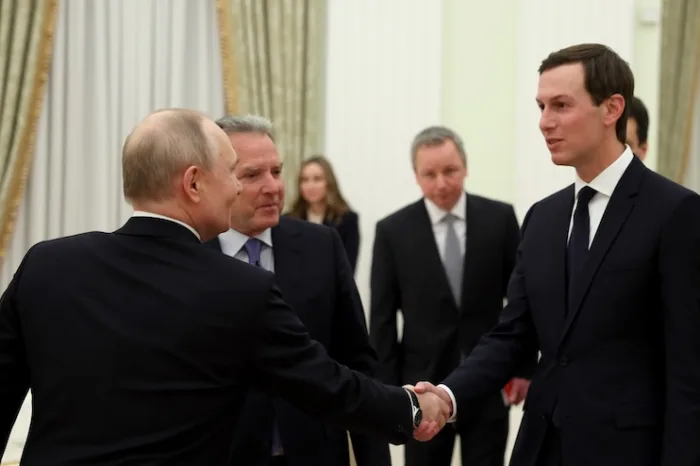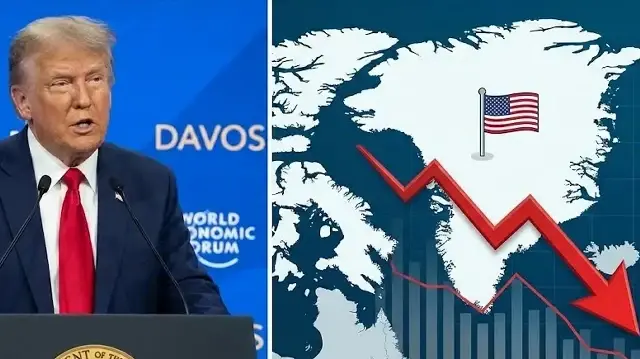Hamas’ acceptance of ceasefire and Israel’s Rafah operation

Despite Hamas announcing its acceptance of the ceasefire on Monday, Israel stated that the agreement did not meet their desired level. However, they announced that they would send a delegation to Doha for negotiations. Additionally, they indicated that the Rafah operation would proceed as planned, showing no intention to heed Washington’s demands. Despite CIA Director Bill Burns being in the region for the Doha talks and the Biden administration’s clear opposition to the Rafah operation, the Netanyahu government shows no signs of backing down. Reports of the Biden administration halting arms shipments to Israel, thus delaying Netanyahu’s Rafah operation, had made Hamas’ acceptance of the ceasefire a critical turning point. However, Netanyahu’s efforts to both continue and expand the conflict from the outset pose the biggest obstacle to ceasefire efforts.
Last weekend, amid reports that Hamas was not just willing to accept a ceasefire but insisted on ending the war, Netanyahu had stated that they would enter Rafah regardless. With Israel instructing Gaza residents in East Rafah to evacuate, the operation was believed to be imminent. Hamas’ announcement of accepting the ceasefire indicated hope that the pressure exerted on Israel by the Biden administration behind the scenes to halt arms flow would work. It also relieved Hamas of appearing uncompromising. However, both the Netanyahu government and pro-Israel groups in America had already taken a maximalist position, insisting on no final agreement until Hamas surrendered or was destroyed.
With the Biden administration not denying the halt in arms shipments and needing to increase pressure on Israel for a ceasefire, both Netanyahu and pro-Israel groups in America insist on continuing the war until Hamas is completely eradicated. The Biden administration states its opposition to a ground operation in Rafah but struggles to exert pressure on Tel Aviv. Unable to exert political pressure, Biden has to settle for symbolic gains in humanitarian aid. It was announced that Biden convinced Netanyahu during their phone call to reopen the Kerem Shalom crossing for humanitarian aid, but it is known that Israel will not allow the necessary amount of humanitarian aid to pass through. This crossing had been closed since the rocket attack by Hamas over the weekend, which killed three Israeli soldiers and was intended as a warning against a potential Rafah operation.
Despite both Israel and Hamas intensifying their rhetoric over the weekend, showing readiness for conflict and attempting to convey the message that the cost to the other side would be high, Hamas’ announcement of accepting the ceasefire had the potential to corner the Netanyahu government, which was already under pressure from the Israeli public. Hamas appearing to step back from its maximalist position (insisting on a permanent ceasefire) seems like a politically correct move since the Netanyahu government’s refusal to accept the ceasefire would clearly show that it did not care about returning Israeli hostages. Hence, Netanyahu felt the need to announce sending a delegation for talks, but Israeli sources also leaked to the press that the agreement accepted by Hamas was different from what they had agreed to, thus alleviating pressure for an agreement.
On the other hand, the hawkish faction started claiming that Hamas’ acceptance of the ceasefire was a ploy and that they were just trying to buy time. At this point, the pressure exerted by the Biden administration on Israel could have been effective for the Netanyahu government, which needs American weapons and financial support for Gaza operations. However, it is unclear how much pressure the administration intends to exert. Biden, under pressure from demonstrations widely seen in universities and suppressed by police force, prefers to echo the arguments of pro-Israel groups that emphasize antisemitism. Biden may want to break the impact of the Palestinian issue on his votes through relative improvements in achieving a ceasefire and humanitarian aid. However, Netanyahu, who has built his career on the continuation of the war, is not even willing to give that much.
Given these dynamics, it is not difficult to predict that the Biden administration’s pressure on Israel will remain limited. Instead of standing up against Gaza operations, Biden has provided support through weapons and financial aid. By avoiding the necessary pressure to resolve the ongoing humanitarian crisis, the Biden administration has failed to prevent Israel from using hunger as a weapon in Gaza. It seems that Biden either does not fully grasp or sufficiently care about the extent of the political cost and international legitimacy crisis caused by ethnic cleansing and war. Despite the political price tag of Netanyahu’s Gaza operations, Biden has put his chances of being re-elected in November at great risk by supporting Israel. Israel’s ambiguous response to Hamas’ ceasefire acceptance, while continuing negotiations and simultaneously starting the Rafah operation, further weakens the possibility of a genuine ceasefire.























